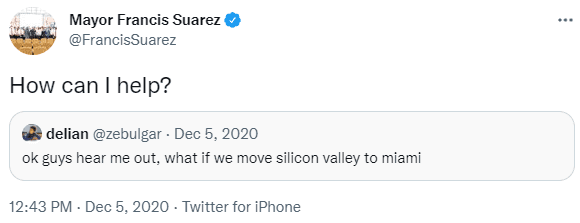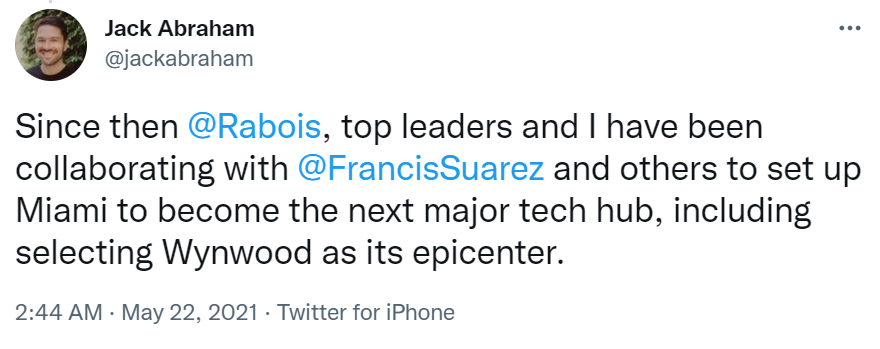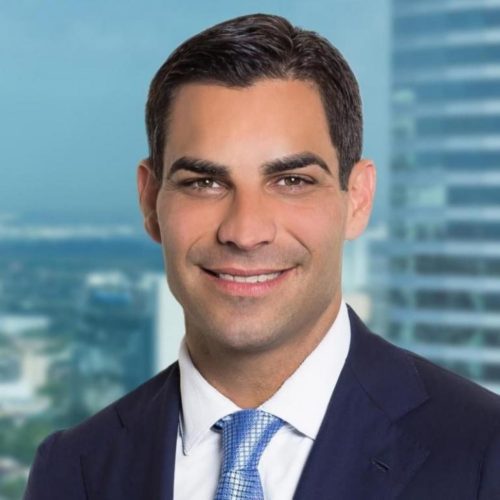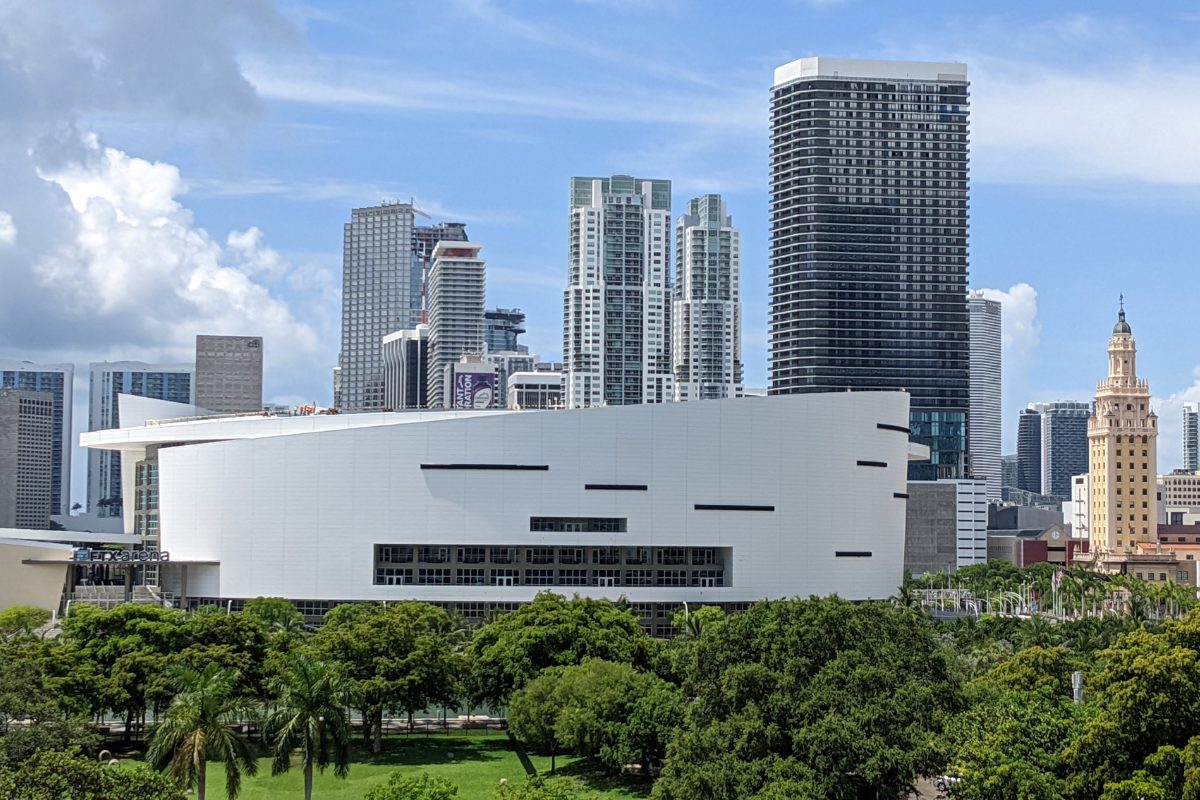By the time my Florida holiday was coming to an end, I was both ready to stay a little longer and return to Melbourne. The first few days were full of excitement and wonder, and the weeks in the middle were terrific. The final days were bittersweet, and it’s always hard to say goodbye.
It was my first flight and big holiday in four years. I learned a lot about how to travel better, be more confident in my magick, about my family, friends, and my orisha tradition. But Miami felt very different this time. Tech and nervous crypto-capitalism are transforming the city.
The best of my Miami
What I love about Miami remains. It is bright and warm every day. Spanish is the default language. Latin music is everywhere. There is so much good food. The best Mojitos and Cuban food on demand, available 24/7. And mangoes. Mango Mojitos, Mango Margaritas, mango milkshakes, mango ice cream, mango everything. The beach, the ocean, and, of course, my people.
I love being with my family and, every time I visit Miami, I level up in my spirituality. It was a treat to attend Summer Magick Fest and spend time with my fellow Priestesses from the Mt Shasta Goddess Temple. It was wonderful to celebrate the Summer Solstice with my coven in person instead of attending via Zoom and to spend an evening with my Padrino and have him share his knowledge and wisdom with me. I visited the graves of my ancestors and Cape Florida, a site on the Underground Railroad, where I got married four years ago, and where I feel Yemaya’s presence strongly. I also visited La Ermita de la Caridad, a Roman-Catholic sanctuary of Our Lady of Charity, syncretised with Ochun. The church is by the sea, full of sunflowers and other yellow flowers, bees, and we even saw two peacocks. There are wild peacocks in parts of Miami. I love these parts of Miami, but the scales have tipped, and I no longer see myself returning to live there.
When I last visited Miami four years ago, it felt different, and change seems to have accelerated since then. Miami has long been a mix of the Cuban political elite terrified of communism, college-educated liberals terrified of autocracy and fascism, immigrants and working-class people powering a playground for the rich and famous, and many people pretending to have much more than they do. None of that has changed, and neither has the city’s noise and high-strung, aggressive energy. What is new are Teslas on Calle Ocho, the historic Cuban neighbourhood undergoing gentrification, and the city becoming the most expensive housing market in the United States and a new hub for tech.
Miami, a new tech hub

The pandemic taught us that it’s possible to be productive from anywhere. Year-round sunshine, lax regulations, low taxes, and scantily-clad Brazilian butt-lifted women on yachts lured venture capital investors, crypto evangelists, and other tech bros to what is now the fastest-growing state for entrepreneurs. Last year, 220k people moved to Florida, and Miami has emerged as a tech hub.
The new Miamians include:
- Jack Abraham, the first arrival, a serial entrepreneur and founder of Atomic, a venture studio and fund with a new office in Miami’s hip, Instagrammable (read: gentrified) Wynwood neighbourhood, turning it into the heart of Miami’s new tech community
- Peter Thiel, billionaire venture capitalist, PayPal co-founder, Partner at Founders Fund, conservative libertarian and Trump supporter, bought a double-home in the Venetian Islands for $18 million
- Keith Rabois, right-wing provocateur, member of the Payal Mafia, and general partner at Peter Thiels’ Founders Fund, bought a $29 million mansion in the Venetian Islands and is now the self-appointed ambassador of Miami
- Delian Asparouhov, also from Founders Fund, and co-founder and President of Varda Space Industries, which is “building the world’s first space factories”
- David Blumberg, the founder of venture capital firm Blumberg Capital, paid $11 million for a waterfront Golden Beach mansion
Uber’s former chief business officer Emil Michael, Shervin Pishevar, an early investor in Uber and Airbnb, and the list goes on.

In 2021, Bitcoin Magazine moved its conference from Los Angeles to Miami. In April, the Miami Beach Convention Center welcomed visitors for Bitcoin 2022, and the conference will return next year. Mayor Francis Suarez (R) wants to transform Miami into the world’s “cryptocurrency innovation hub” and rebrand it from a vacation destination to a technology hub.

Miami is important now. When Miami does a stupid thing, other cities follow suit. For example, after American Airlines, the home of the Miami Heat, was renamed the FTX Arena after a cryptocurrency exchange platform, the Los Angeles Lakers’ Staples Center was renamed the Crypto.com Arena. When Miami minted its cryptocurrency, MiamiCoin, New York and Austin announced theirs. Two days after Miami Mayor Francis Suarez tweeted that he was taking his salary in Bitcoin, incoming New York mayor Eric Adams tweeted he was taking his first three paychecks in Bitcoin.
Blue, red, and purple politics
Florida was once the perennial swing state, but those days may be over. Not all the techies are into Florida’s red politics. In February, tech journalist Kara Swisher and NYU professor Scott Galloway, co-hosts of New York Magazine’s Pivot podcast, held their first-ever Pivot MIA event in Miami Beach, but it won’t be back in 2023. As proud supporters of LGBTQ+ communities, Swisher and Galloway are opposed to Florida’s “Don’t Say Gay” legislation, which they called “backward, unnecessary, and hateful”. They will find a new home for Pivot 2023 in a city that aligns with their values.
Swisher and Galloway may be outliers. Everyday discourse says tech is liberal, but it’s more like Libertarian Lite. Figures like Peter Thiel and Keith Rabois are well-known Republican supporters, and they like Florida Governor Ron DeSantis, who they see as a more disciplined Donald Trump. With warm weather, little regulation, and low taxes, Miami is a great place for wealthy dudes to get richer and for clever marketers and microcelebrities to capitalise on exploitation.
A Miami Movement or a Miami moment
In investor-speak, Miami is a speculative asset. It may be able to produce entrepreneurs like Jeff Bezos, but can it retain them? Is it the new epicentre of tech and crypto or the Pelotón of cities? Miami lacks infrastructure, a potential workforce, top-tier engineering schools, and has only a few notable tech companies. Cryptocurrency is crashing, frauds, Ponzi schemes, and criminal indictments plague the market, and Miami has other serious issues. Florida is in the top 10 states with the highest income inequality and worst overall health care. In Miami, hyper-growth affects traffic, housing, and the city is number one in the state for sex trafficking.
How will Miami cope with the booming population? Will it develop education, community, and big companies? Will the tech giants leave California for Florida? Will these new techies put down roots in Miami, or is the Magic City just a fun place to drink Piña Coladas for a few years while enjoying tax breaks? And what does it all mean for Miami’s working class?
Whether Miami is having a movement or a moment remains to be seen.

